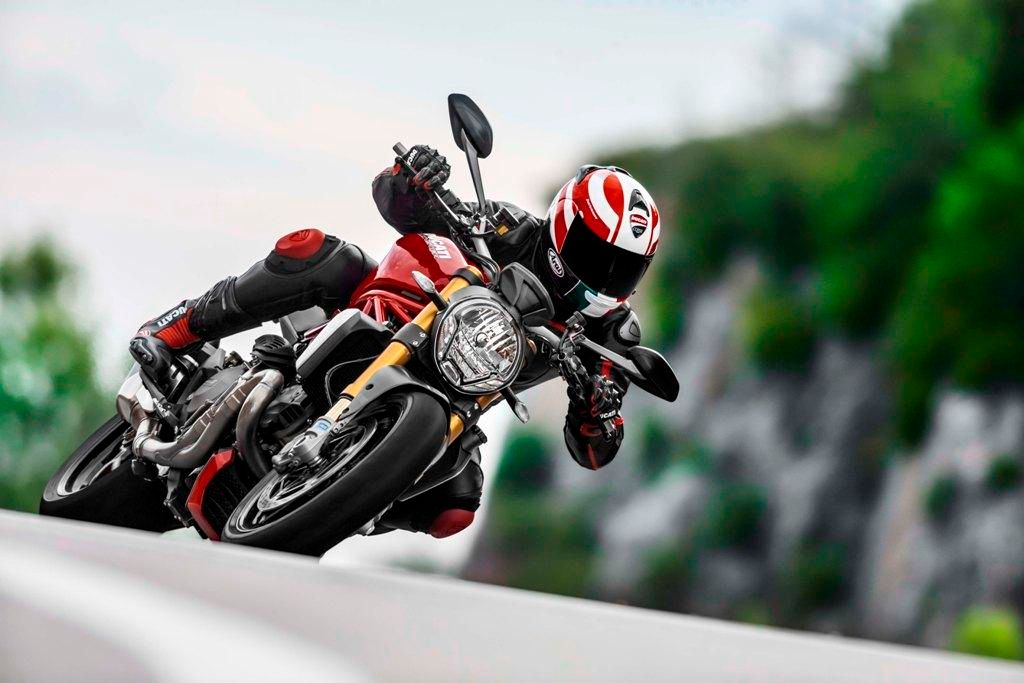Ducati Motorcycles->ke622 once again took top honors in the Pied Piper Prospect Satisfaction Index (PSI), one of the most important ranking systems assessing the state of the motorcycle industry in the US. Ducati’s reign atop the PSI index shouldn’t come as a surprise considering that the Italian motorcycle brand, together with Harley-Davidson,->ke300 have remained in the Top 3 of the PSI rankings for the better part of the past decade.
The PSI rankings does have a different purpose than gauging consumer happiness of bike brands. What it does is measure “dealership treatment of motorcycle shoppers, with rankings by brand determined by the patent-pending Pied Piper PSI process, which ties ‘mystery shopping’ measurement and scoring to industry sales success.”
Based on the latest rankings - and the past decade’s rankings, for that matter - Ducati is still the top dog with Harley-Davidson not too far behind.
Speaking of Harley, the American bike manufacturer came in a close second to Ducati’s 116 score at 112, followed by Victory Motorcycles->ke1801 at 110 points, somewhat validating a Consumer Reports poll from April 2015 that identified Victory as the brand that scored the highest customer satisfaction in the US.
Comparing this year’s results to last year’s results, it’s worth noting that some brands parlayed exceptional performances to either rise and fall in the rankings in just a year’s time.
Triumph, which finished fourth in the latest rankings, was one of the big winners at 109 points, vaulting ahead of Can-Am, which fell to sixth place at 106 points, a point under 107 points, the number the PSI rankings determined as the “industry average.”
BMW was also a big winner, moving up from ninth place in last year’s rankings to fifth place with 108 points. More importantly, BMW moved ahead of the industry average, making it one of only five manufacturers to pull that of.
Everybody else, including Suzuki (103 points), MV Agusta (103), Kawasaki->ke299, (102), Honda->ke291 (97), and Yamaha->ke301 (96) all fell well bellow the industry average.
Continue reading to read more about Ducati retaining its number one ranking in the Pied Piper Prospect Satisfaction Index.
Why it matters
There are a lot of takeaways to consider from the latest Pied Piper Prospect Satisfaction Index (PSI), not the least of which is Ducati’s continued stranglehold of the top spot on
the list and Harley-Davidson’s long-standing place at the top of the list.
Both Ducati and Harley-Davidson score high on this the PSI rankings because they’re, by and large, niche brands that cater to a specific clientele. It certainly helps that the said clientele is as healthy as it’s ever been in the US, but it’s also important to note that the two brands’ dealership network, in addition to their exclusivity, plays a very important part in enticing previous owners to stick to the same brand instead of trying something else.
I’m not positive about the statistics of it all, but Ducati and Harley have always had some of the most accessible dealerships I’ve been to. They offer test rides. They’re persistent, if not diligent, to get as much info as they can of their customers. Most of all, they’ve very encouraging about the whole idea of seeing their customers riding into the sunset with their bikes. Trust me. I’ve been there.
There’s also flip side to this, specifically how mainstream brands suffer when it comes to retaining its customer base. According to the PSI study, brands that share dealerships with their competitors are less likely to retain their client because of the higher risk of a salesperson suggesting a different brand altogether. This is a big factor that plagued the rankings of Kawasaki, Yamaha, Suzuki, MV Augusta, Indian, Husqvarna. and Aprilia.
Granted, this isn’t indicative of brands losing their appeal to customers, but more so because the variety of offerings that can be chosen in any shared dealership makes it less likely for a customer to stick to a brand.
So congratulations to Ducati and Harley-Davidson for retaining their perch atop the PSI rankings. Based on a decade’s worth of history, there’s a good chance that we’ll continue to see these two companies on top of this list in the foreseeable future.

